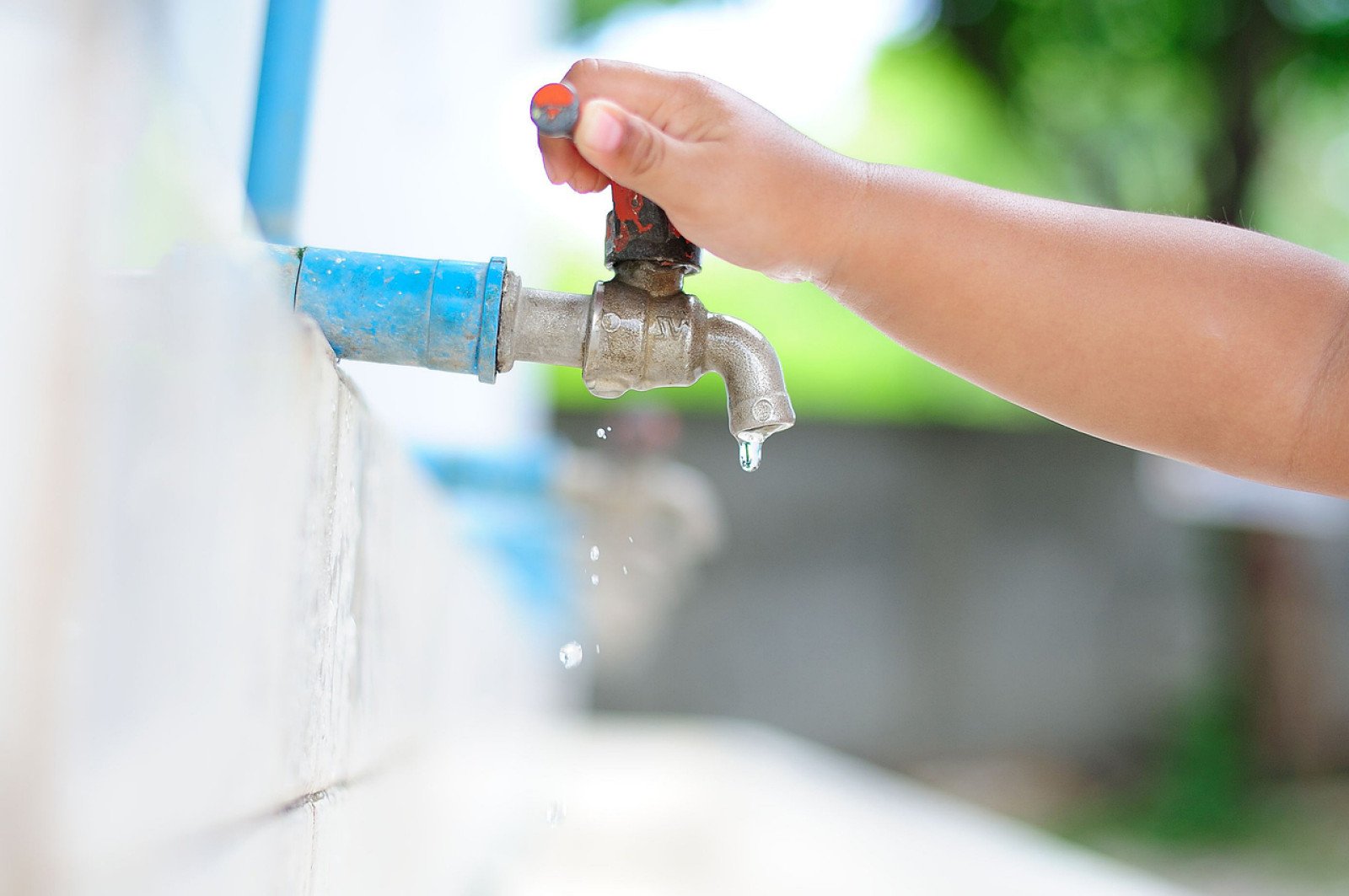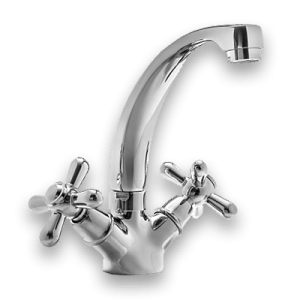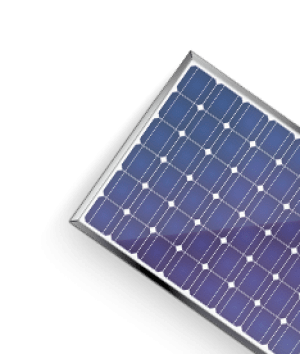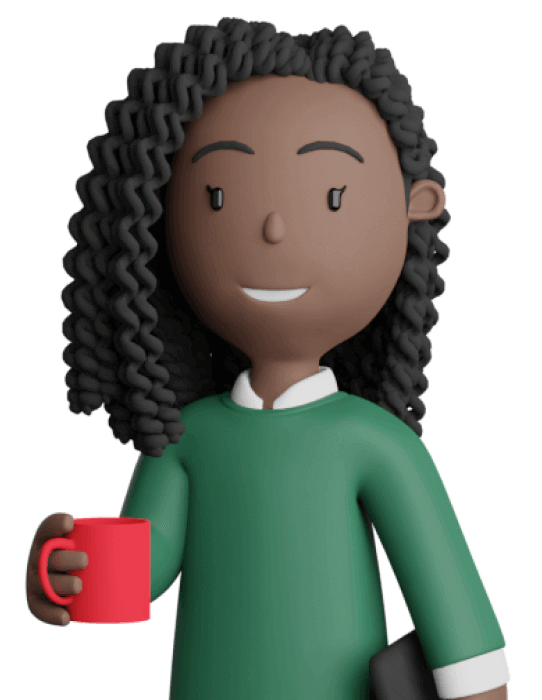
Overview
We use water every single day. We drink it, wash with it, cook with it and in B.C., we even use it to make electricity. At home and at school, come up with ways we can use less water. At school, make posters encouraging others to save water and at home, take a family pledge to conserve.
Instructions
What you'll need
- 1 litre container of water
- Art supplies to make posters
- “Every drop counts” take home handout
- Show students what 1 litre of water looks like and brainstorm ways we use water every day. We use it to:
- Drink
- Wash hands
- Brush teeth
- Wash clothes
- Cook
- Flush toilets
- Shower
- Fill the bath
- Wash dishes
- Wash cars
- Water gardens and lawns
- Grow food
- Make electricity
- As a group, guess how many litres of water students think they use in a day.
- In B.C., we use a lot of water – almost 300 litres a day per person.
- Talk about how we depend on water and so do other living things. Plants need it to grow, animals need it to drink and we need it for all the things we’ve talked about (drinking, cooking, washing, electricity, etc.).
- It’s important to conserve water to make sure there is enough for all living things to use.
- Play the "Honouring water" video. It shows how the Leq'a:mel Nation in British Columbia honours water, and also demonstrates the many uses of water.
- Ask students to work with a partner and think of ways they can use less water. Share ideas as a class and write a list on the board.
- With their partner, students select one way to use less water and make a poster to encourage others to save water.
- Spread the word about water conservation. Make an announcement or presentation at an assembly about the importance of water and display the posters around the school.
- Give each student the “Every drop counts” take home handout to share with their families and make a pledge to do one thing that uses less water for a week.
Modify or extend this activity
Extensions
- Have students make a journal entry and commit to one of the water conservation actions for a week. At the end of the week, reflect on the experience and discuss as a class.
- Contact the school district's Indigenous Education department to invite an Elder to share stories and/or art about the importance of water to living things and caring for our resources.
Curriculum Fit
Grade 2 Science
Content
- Water conservation
Curricular competencies
Evaluating
- Consider some environmental consequences of their actions
Applying and innovating
- Take part in caring for self, family, classroom and school through personal approaches
- Transfer and apply learning to new situations
- Generate and introduce new or refined ideas when problem solving
Communicating
- Communicate observations and ideas using oral or written language, drawing or role-play
Grade 2 Social Studies
Content
- Rights and responsibilities of individuals
Curricular competencies
- Recognize the causes and consequences of events, decisions or developments
Assessments
- Assess ability to communicate an understanding of the consequences of their actions through partner work and class discussion.
- Assess posters for ability to communicate ideas and apply their learning about water conservation.
Teaching Notes
Water use
Water is important to all living things, including plants and animals. Living things depend on water for food, drinking, habitat and more. In British Columbia, we use about 300 litres of water per person per day (Statistics Canada, 2013). We use water every day to drink, flush our toilets, brush our teeth, run our baths, grow and cook our food, wash our dishes and clothes, and make our electricity. Our province has a lot of surface water in lakes and rivers, but despite this, only one per cent of water on Earth is readily accessible. When students understand how they use water, they can explore ways to reduce their water use.








